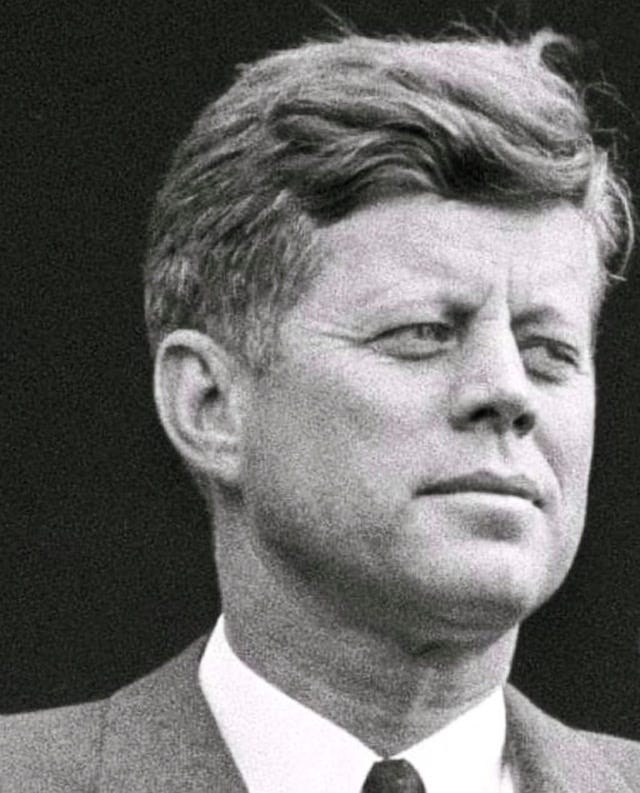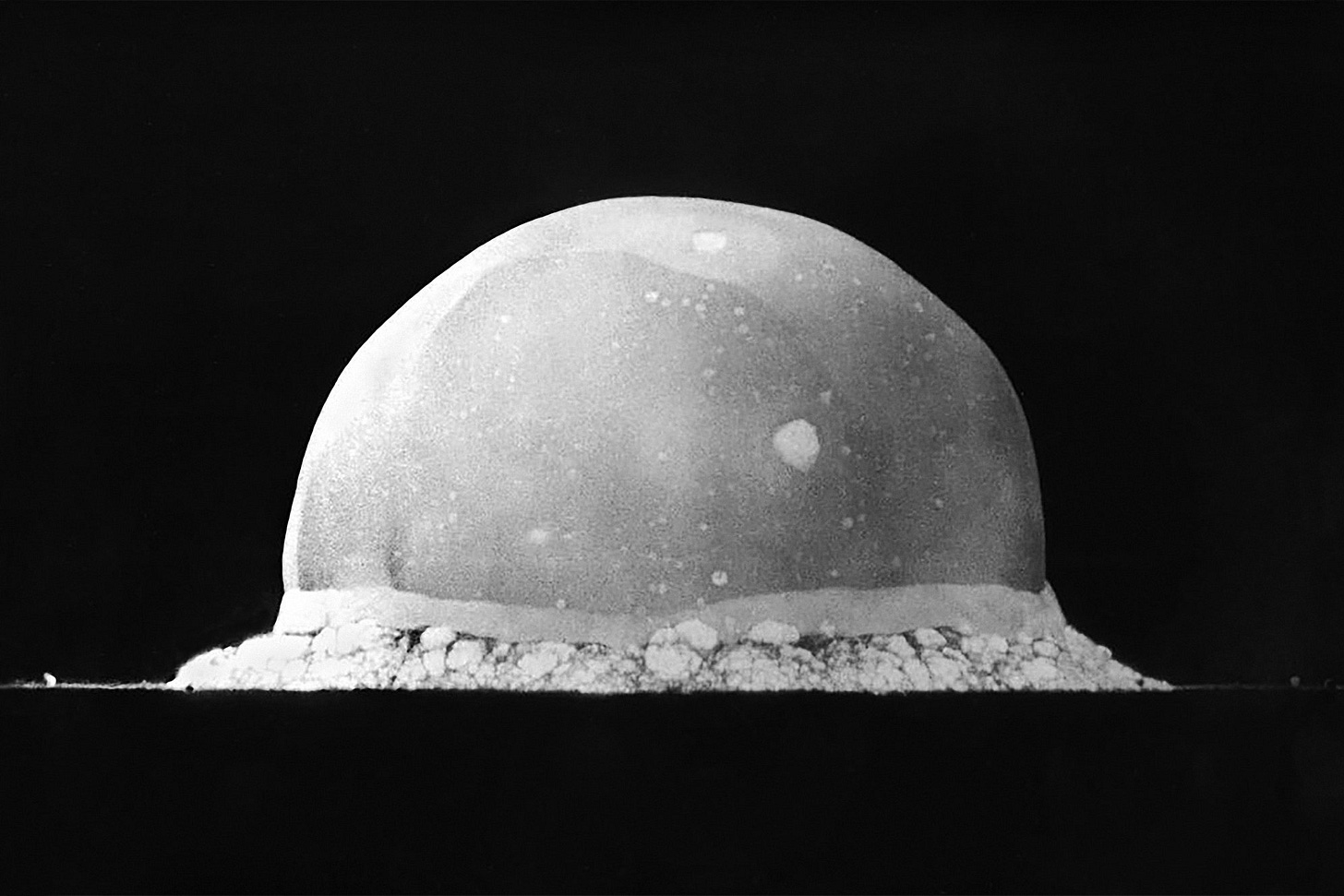Evening Ebb
Reflection at Twilight
The war that we have carefully for years provoked
Catches us unprepared, amazed and indignant. – Robinson Jeffers
The poet and prophet Jeffers thought that art could make one think, perhaps even do something and, thereby, make something happen: to actualize a vision of high human possibility. He reflected that “there is good poetry that expresses hatred of injustice, a love of freedom.” Jeffers didn’t mean anything here in terms of propaganda or hollow, jingoistic rhetoric (a’la the senile, stumbling, bumbling slurring speech of President Biden or his pathetic, Valley Girl VP — “Ukraine, is, like, a country, for sure . . .”),1 but from a serious, heartfelt passion (what the ancients call Thumos or θυμός = spiritedness) to beauty, truth, justice, as well as honor.
JFK shared this θυμός with Jeffers — and he learned (mostly through pain and suffering) the hard lesson of war. He said: “Do not pray for easy lives. Pray to be stronger men . . . Truth is a tyrant — the only tyrant to whom we can give our allegiance. The service of truth is a matter of heroism.” He lived (and died) accordingly — intrepid, clear-eyed, ready — in ways consistent with the wisdom of his (and his brother Bobby’s) favorite Greek poet: Aeschylus, who wrote:
In our sleep, pain which cannot forget falls drop by drop upon the heart until, in our own despair, against our will, comes wisdom through the awful grace of God.
Moreover, both Jack and Jeffers knew that the affair with technology that humankind is so enamored and obsessed with wouldn’t lead to comfort or improvement in our lives, but soullessness and, ultimately, unrelieved tragedy.2 So it goes . . .
It bears noting, at this time, that we (humankind) came very close to complete nuclear annihilation in 1962 during the so-called “Cuban Missile Crisis”; and that near-miss was narrowly averted due in large part to Kennedy’s wisdom (not to mention Khrushchev) and no small amount of luck — what Nietzsche calls “Lord Chance.”3 Machiavelli also observed that “Fortuna (luck) is a woman who favors the bold . . .”
What both Jeffers and Jack share, moreover, is an inner strength and a heroic resignation to the inevitable that is otherwise so conspicuously absent (altogether devoid) in our leadership (be it in politics or art) today. This is a time of ebb (I can smell it: the rotting stench of terminal decadence — can you?) . . . or worse.
The ocean has not been so quiet for a long while; five night herons
Fly shore-long voiceless in the hush of the air
Over the calm of an ebb that almost mirrors their wings.
The sun has gone down, and the water has gone down
From the weed-clad rock, but the distant cloud-wall rises. The
ebb whispers.
Great cloud-shadows float in the opal water.
Through rifts in the screen of the world pale gold gleams, and the
evening
Star suddenly glides like a flying torch.
As if we had not been meant to see her; rehearsing behind
The screen of the world for another audience. (Jeffers, “Evening Ebb,” 1928)
Here again we find ourselves at the precipice of war. Nuclear war. That would mean the end of everything and everyone we know. In hours (minutes really) all of human civilization and the atmospheric/ecological conditions that make life (not just human) possible would be destroyed in a wall of fire as hot as the core of our sun . . . And for what?
Putin has his reasons, and as insane as his response may be, they’re not entirely unreasonable; although his reaction is nothing short of suicidal. He was provoked, make no mistake about it; and the collective mistake (the vainglorious recklessness & mortal error) of the so-called “West” (US/NATO/EU) is to have not prepared for the inevitable consequences of relentless bullying and gratuitous provocations.4
Did “we” ask for it? In a manner of speaking, we did. Putin is the logical, rational product of our own making. Could he have been assuaged? Of course. He begged for it, time and again (and again), until he simply lost it . . .
Makes me think of other lines from Jeffers (first regarding Vasquez crouched by a fire, laughing at the fact that the “Earth was a grain of dust circling the fire”; the next from a reflection on a terminally decadent, “perishing Republic”) –
No space between them, no cave of peace nor night of quietness,
no blind spot nor deaf heart, but the tides
Of power and substance flood every cranny; no annihilation, no escape but
change: it must endure itself
Forever. It has the strength to endure itself. We others, being faintly made
of the dust of a grain of dust
Have been permitted to fool our patience asleep by inventing death. A poor
comfort, he thought,
Yet better than none, the imaginary cavern, how we all come clamoring
To the gates of our great invention after few years.
Though a cheat, it works. (“The Loving Shepherdess,” 1928-29)
and:
While this America settles in the mould of its vulgarity, heavily thickening
to empire
And protest, only a bubble in the molten mass, pops and sighs out, and the
mass hardens,
I sadly smiling remember that the flower fades to make fruit, the fruit rots
to make earth.
Out of the mother; and through the spring exultances, ripeness and decadence;
and home to the mother.
You making haste haste on decay: not blameworthy; life is good, be it stubbornly
long or suddenly
A mortal splendor: meteors are not needed less than mountains:
shine, perishing republic.
But for my children, I would have them keep their distance from the thickening
center; corruption
Never has been compulsory, when the cities lie at the monster's feet there
are left the mountains.
And boys, be in nothing so moderate as in love of man, a clever servant,
insufferable master.
There is the trap that catches noblest spirits, that caught – they say –
God, when he walked on earth. (“Shine, Perishing Republic,” 1925)
Pau
Huelo Hale, Paumalu 2022
SEE: Glenn Greenwald:
Leo Strauss reflected in his magisterial essay “Liberal Education & Responsibility” (1962) that : “If we look then only at what is peculiar to our age or characteristic of our age, we see hardly more than the interplay of mass taste with high-grade but strictly speaking unprincipled efficiency. The technicians are, if not responsible, at any rate responsive to the demands of the mass: but a mass as mass cannot be responsible to anyone or to anything for anything. It is in this situation that we here, and others, in the country, raise the question concerning liberal education and responsibility” SEE: https://ia802703.us.archive.org/11/items/LeoStraussOnLiberalEducation/Strauss-LiberalEducationResponsibility.pdf
In such regard, please SEE: My June (2021) essay:
SEE: Peter Maguire (“Sour Milk”):







